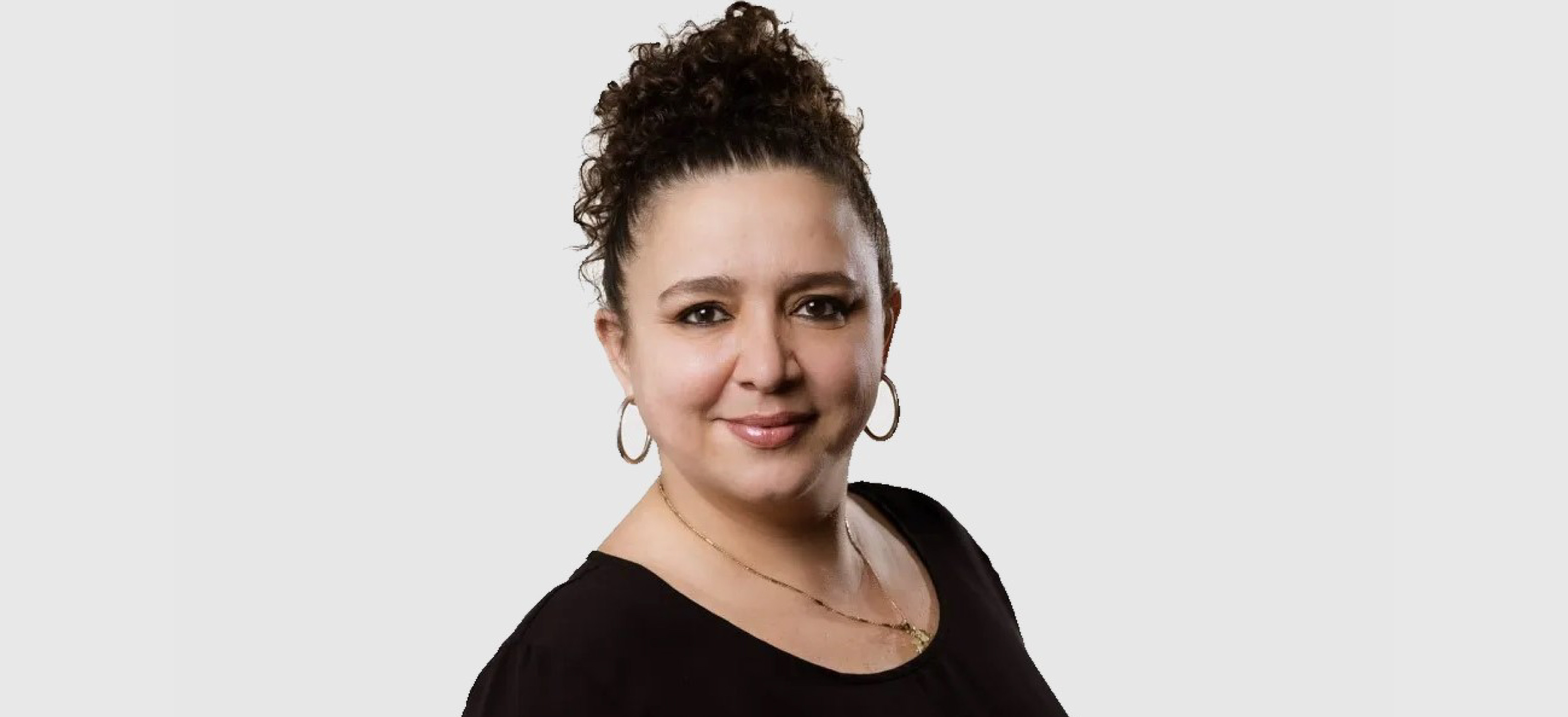NEWS, INTERVIEWS AND EVERYTHING RELATED TO PERUMIN IN THE MEDIA
Lima, JUNE 13 2023WIM Peru: Today there are two thousand women promoting diversity and inclusion projects in the mining industry

- Currently, they have more than 40 strategic allies, including incumbent companies, mining companies and suppliers.
As part of her presentation at the conference "Evolution of Environmental, Social, and Governance (ESG) Issues in Mining” in the framework of Rumbo a PERUMIN, Karina Zevallos, President of WIM Peru, said that five years ago such criteria would only be considered for discussion in those companies with corporate regulations in place. However, in recent years, there has been greater inclusion within the sector.
"In terms of diversity and inclusion, we can speak of a positive trend that can be seen in concrete actions. This year, WIM Peru will celebrate its 7th anniversary, and when it started, there were only ten women. Their efforts, together with the projects they have been working on, have begun to break that inertia," she said.
They have become a role model for the industry due to the number of activities they promote, which is important not only for the institution, but also for their reliability as a result of the work they have been doing hand in hand with mining companies.
"Today, we have two thousand partners who promote this initiative jointly with more than 40 strategic allies, including incumbent companies, mining companies and suppliers," she said.
In this connection, she stated that there is a growing trend among companies to generate inclusive environments, not only to comply with legal regulations, but also to make the organization more attractive.
She also emphasized that part of WIM's commitment is to assist the companies that present themselves as allies and intend to make internal changes, with a view to making mining a more equitable industry.
"Mining is not only about the owner but also about the ecosystem as a whole, which includes the mining suppliers. Recently, a study we conducted showed that the percentage of women in supplier companies is 3%. This is where all contractor companies, not only the main ones, must demonstrate their commitment by joining this ecosystem that encourages the participation of women from an early age", she emphasized.
In this regard, he confirmed that the sector still has a lot of work to do, for example, inviting more companies to join these initiatives and developing many more activities in the different programs. She also assured that the best way to strengthen the value chain is with resources
Just as safety in mining is non-negotiable and there is always budget and resources for that, the same should apply to diversity. We must have a mandatory framework within the government that allows for greater equality, as in the case of Chile and Australia, which have regulations in place," she stressed.
At present, WIM is working with entities that are increasingly committed.
"From the academia, we work with technical institutions and universities. In addition, we work with the sector's institutions, such as the Peruvian Institute of Mining Engineers (IIMP), which has given us a platform within PERUMIN, and with which we have been making progress little by little since our creation. We started with a stand, and today we can have a central theme in the Summit. SNMPE has also been our ally from the beginning and as such has helped us by assigning a room, providing support at the event site, and disseminating good practices through networks”.
In addition, she explained that conviction has two stages when resources are required, the leaders who set the tone and are firmly convinced that something must be done and a group that does what others started because it is fashionable or convenient for them. For this reason, she considers it appropriate to use this system and work closely with those who are convinced of what is the right thing to do so that they continue adding those who have to realize that this is what has to be done.
Finally, the director of WIM indicated that although Peru does not have regulatory frameworks, each company must have the initiative to adopt these changes because it will be beneficial for them and for social justice.







